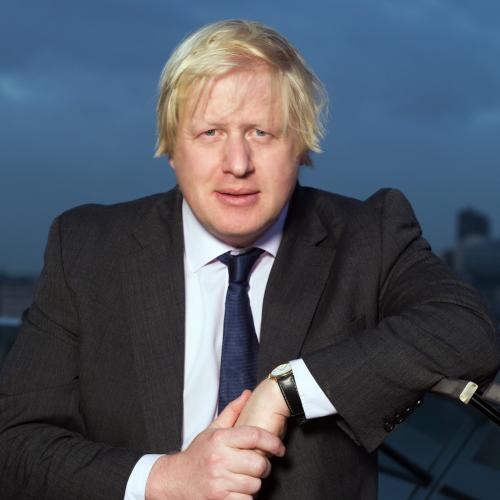Theresa May – 2016 Statement on the Border Force Budget
Below is the text of the speech made by Theresa May, the Home Secretary, in the House of Commons on 20 April 2016.
The first priority of government is the safety and security of its citizens, and the Government have always made the integrity of the UK border a priority. We will never compromise on keeping the people of this country safe from terrorism, criminality and illegal immigration.
My right hon. Friend the Chancellor of the Exchequer will publish the Treasury main supply estimates in just over an hour’s time, setting out estimated budget allocations for the whole of government, including Border Force, for the financial year 2016-17. In advance of those figures being laid in the Library, I can inform Members that these estimates will show that the indicative budget for Border Force is £558.1 million in 2016-17—a 0.4% reduction in overall resource spending compared to the supplementary estimate for 2015-16. At the same time, we will increase capital spending at the border by just over 70%, from £40.1 million in 2015-16 to an estimated £68.3 million in 2016-17. That means that Border Force spending is, to all intents and purposes, protected compared to 2015-16, with increased capital investment to improve the technology at the border, to improve security and intelligence and to strengthen control.
Over the next four years, we will invest £130 million in state-of-the-art technology at the border. Since I became Home Secretary six years ago, we have pursued an ambitious programme of reform at the border to keep this country safe. In the last Parliament we abolished the dysfunctional UK Border Agency, set up by the last Labour Government, and made Border Force directly accountable to Ministers within the Home Office. Since then, Border Force has transformed its working practices, command and control and leadership, and we have invested in new technology such as e-gates at airports and heartbeat monitors at freight ports to improve security, prevent illegal entry to the UK, benefit passengers and deliver efficiencies.
At the same time I have worked closely with my French counterpart, Bernard Cazeneuve, to secure the juxtaposed controls in Calais and Coquelles, reduce the number of migrants attempting to reach the United Kingdom, and safeguard UK drivers and hauliers travelling through those ports. We have developed a robust, intelligence-led approach to organised crime at the border, working closely with the National Crime Agency, which we established in 2012. We have supported greater collaboration between counter-terrorism police and Border Force, while increasing counter-terrorism budgets to prevent foreign fighters from returning and dangerous terrorists from travelling to the UK.
These reforms are working. Border security has been enhanced. Border Force continues to perform 100% checks on scheduled passengers arriving at primary check- points in the UK. When passengers are deemed a threat to public safety, we can and do exclude them from the UK, and 99,020 people have been refused entry to the UK since 2010. We are disrupting more organised crime at the UK border than ever before. In the past year, Border Force has seized nearly 8 tonnes of class A drugs, more than 2.5 times as much as in 2009-10. Meanwhile, legitimate passengers and hauliers of goods continue to be provided with excellent levels of service.
The Government remain committed to making further investments when necessary to exploit new technology and strengthen controls. As a result, Border Force will grow more efficient year on year, while improving security for the safety of citizens, businesses and the country as a whole.


